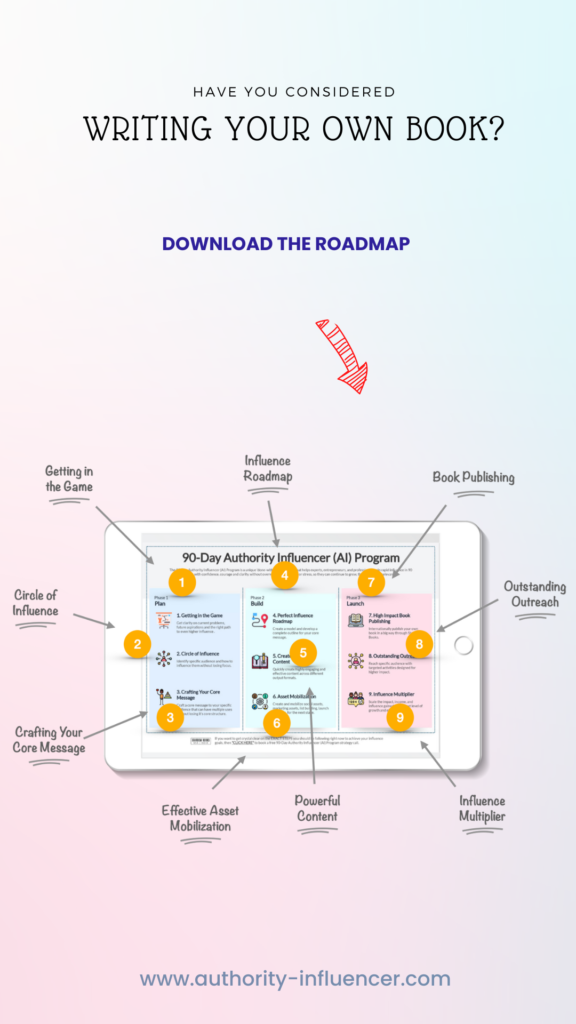Live Limitless with Raam
“The World’s Most Value-packed Newsletter Life-letter to WIN at Work, Life, and Home” with:
3 big ideas, tips or strategies
2 stories, quotes or case-studies
1 critical question to ask yourself
Live Limitless: 10% Brain, Consistency, Rejection Motivation, Tara Westover, Blackberry Story!
read on LIFELETTER.RAAMANAND.COM | JUNE 24, 2023
____________
3 Big Ideas, Tips or Strategies for this week
1. We only use 10% of our brains.
Debunked: This is a common myth that has been widely circulated in pop culture and even in some educational contexts. However, it’s simply not true. Modern neuro-imaging technology like fMRI scans reveal that we use a much larger proportion of our brains on a daily basis, even when doing simple tasks. In fact, over the course of a day, virtually all parts of the brain are active. The reality is, our brain is a complex organ, and every part has a purpose. Although not all parts are active at the same time, all areas have a function and can be activated depending on the activity we are engaged in.
2. The “Rule of Consistency”.
This is a fundamental principle in personal development. It states that consistent, incremental progress over time yields significant results. Essentially, small daily improvements or changes in behavior, when performed consistently, can lead to profound growth and achievement.
Whether it’s about building a new habit, learning a new skill, or working towards a big goal, the Rule of Consistency suggests that rather than trying to make large leaps in short periods, consistent small steps are more likely to lead to lasting change and improvement.
For instance, if you’re trying to get into the habit of reading more, you might start by reading for just five minutes each day. Over time, this small act can cultivate a robust reading habit.
3. Using Rejection as Motivation.
In the early 1960s, a young British band known as The Beatles was struggling to break into the music industry. Their style was different, and they faced a lot of rejections. Famously, Decca Records rejected them in 1962, saying “guitar groups are on the way out” and “The Beatles have no future in show business.”
Instead of being discouraged, The Beatles used this rejection as motivation. They continued to work on their music, refine their style, and build their fan base. In 1963, they released their first album with EMI’s Parlophone label, and the rest is history.
The Beatles not only became one of the most successful bands of all time, but they also transformed pop culture and music in unprecedented ways.
The lesson from this story is that failure or rejection doesn’t define your potential. Sometimes, it takes persistence, resilience, and a strong belief in your unique abilities to achieve success.
_____________
2 Stories, Quotes, or Case-Studies for this week
1. From “Educated” by Tara Westover.
“Educated” is a memoir by Tara Westover, recounting her journey from growing up in a strict, off-grid, survivalist family in rural Idaho to becoming a Cambridge University graduate and a renowned historian.
One of the key turning points in Tara’s life comes from an incident involving her brother Tyler. Tyler had defied their father to attend school and encouraged Tara to do the same. Once, Tara was helping Tyler study for an exam, and he was trying to explain the word ‘impoverished’. Tara realized she didn’t know even basic concepts that most children learned in school. It was a moment of awakening for her.
This incident inspired Tara to educate herself, leading her to pass the ACT and get admitted to Brigham Young University. This was the beginning of a journey that would take her to Cambridge and Harvard, far from her upbringing.
The lesson here is that knowledge and education can be transformative, enabling us to transcend our circumstances and redefine our future.
2. The Blackberry Story.
In the early 2000s, BlackBerry, then called Research in Motion (RIM), was a leading name in the mobile industry. Their phones were so popular that they were often referred to as “Crackberries”. But as we know, their success didn’t last.
One pivotal moment came in 2007, when Steve Jobs unveiled the first iPhone. Unlike BlackBerry’s phones, which were designed primarily for business use and had physical keyboards, the iPhone was a touchscreen device aimed at consumers as much as businesses.
RIM’s co-CEO Jim Balsillie’s reaction was dismissive: “It’s kind of one more entrant into an already very busy space with lots of choice for consumers. But in terms of a sort of a sea-change for BlackBerry, I would think that’s overstating it.”
As we now know, the iPhone completely changed the mobile industry, and companies that failed to adapt to this new paradigm, like BlackBerry, found themselves struggling to keep up. Despite making several attempts to regain their footing, BlackBerry never managed to regain its previous success.
The lesson from this story is the importance of not underestimating your competition, staying adaptable, and being open to change in the rapidly evolving world of technology.
_____________
1 Critical Question to Ask Yourself
Embrace rejection as motivation, stay adaptable in the face of change, and believe in your unique abilities; these are the stepping stones to success. The question to ask oneself is: “Am I ready to persist and adapt, even when faced with rejection or drastic change?”
Did you like this week’s “Life-letter”? Then, don’t keep this to yourself. Share it with others.
Share this life-letter on Twitter, Facebook, Linkedin, WhatsApp or via email.
Or, copy and paste the link below:
http://lifeletter.raamanand.com
Let’s meet again. Until then, Keep Smiling… Believe in Yourself… and Get all the Best Things in Life,
Raam Anand
Publishing Coach to hundreds of first-time authors around the world
Publisher & Chief Editor at Stardom Books (USA/India)
Author of the International Bestseller, Write Now


Post a comment